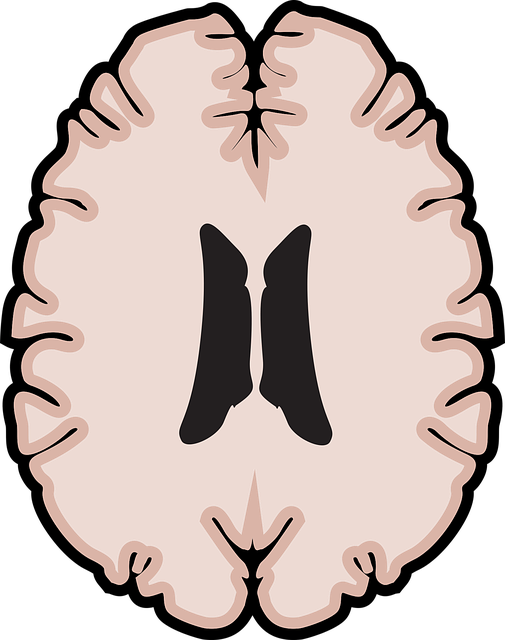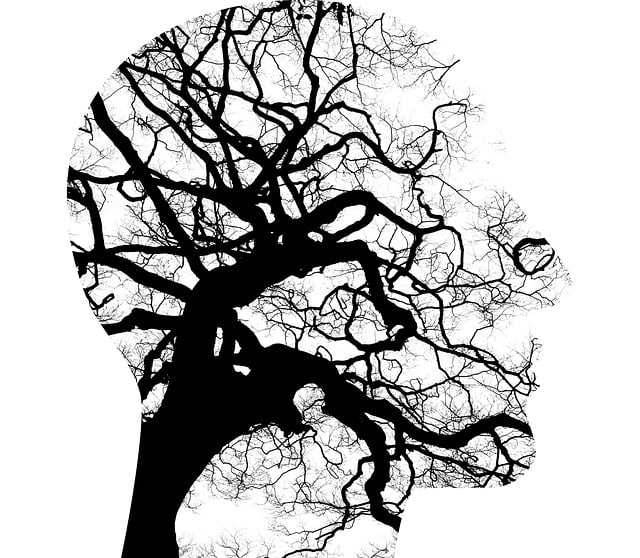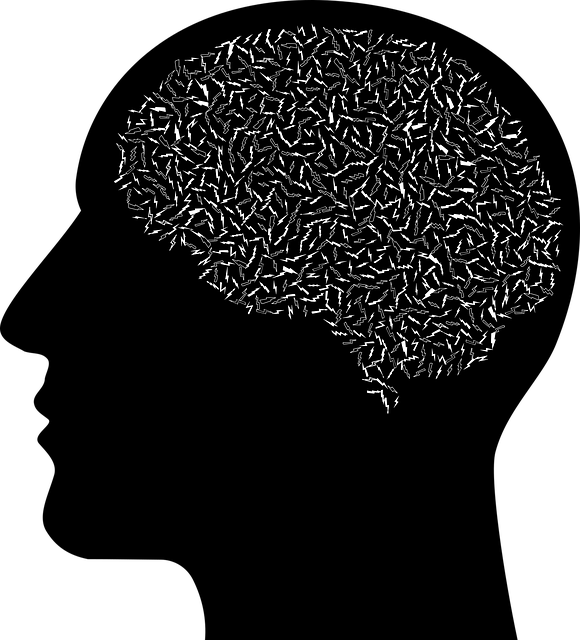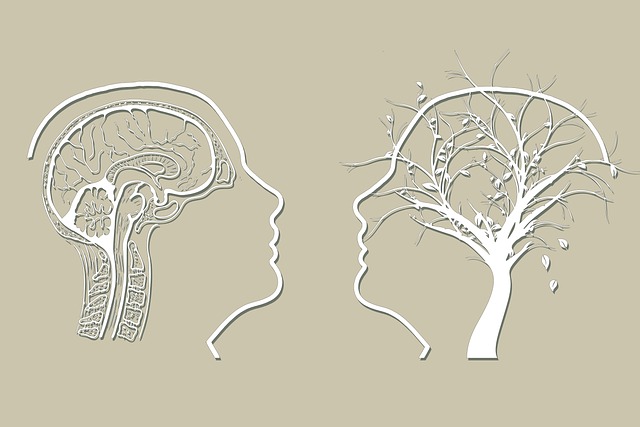Mental health data analysis is a powerful tool for identifying and supporting young children with post-traumatic stress disorder (PTSD). Through questionnaires, observations, and interviews, professionals gain insights into emotional states and behavior patterns, enabling early detection and crisis intervention. Advanced data techniques empower therapists to develop personalized therapy plans, track progress, and adjust interventions. Qualitative and quantitative methods uncover themes related to trauma and coping, while cultural sensitivity ensures inclusive care. Data-driven insights lead to tailored Mental Wellness programs, accessible podcasts, and burnout prevention strategies for healthcare providers, ultimately improving mental wellness outcomes for young PTSD sufferers.
Mental health data analysis plays a pivotal role in understanding and addressing issues like Post-Traumatic Stress Disorder (PTSD) in young children. This article explores key aspects of mental health data interpretation, focusing on PTSD diagnosis and therapy effectiveness assessment. We delve into the significance of data-driven insights for enhancing support systems, specifically tailored for young minds. By understanding mental health data, we can provide more targeted and effective therapy for children struggling with PTSD.
- Understanding Mental Health Data in Young Children
- The Role of Data Analysis in Post-Traumatic Stress Disorder (PTSD) Diagnosis
- Interpretative Methods for Therapy Effectiveness Assessment
- Enhancing Support Systems through Data Insights
Understanding Mental Health Data in Young Children

Understanding mental health data in young children is a specialized field that requires careful consideration and nuanced interpretation. Data collection methods such as questionnaires, observations, and interviews provide valuable insights into their emotional and behavioral states. By analyzing these datasets, researchers and professionals can identify emerging trends and patterns, helping to detect potential issues early on. This proactive approach is crucial for providing appropriate therapy for young children, particularly those suffering from post-traumatic stress disorder (PTSD). Early identification allows for timely crisis intervention guidance, which can significantly impact their long-term mental wellness.
Mental wellness journaling exercise guidance has proven effective in helping young individuals process their emotions and experiences. This technique empowers them to take ownership of their mental health by documenting their feelings and thoughts regularly. Moreover, integrating anxiety relief strategies within these exercises can create a supportive environment, fostering resilience and coping mechanisms. As data analysis techniques advance, professionals gain deeper insights into the complex landscape of childhood mental health, ultimately refining interventions like these to better serve young people in need.
The Role of Data Analysis in Post-Traumatic Stress Disorder (PTSD) Diagnosis

The role of data analysis in understanding and diagnosing Post-Traumatic Stress Disorder (PTSD) is becoming increasingly significant, especially when focused on young children who may struggle to communicate their experiences verbally. By analyzing patterns in behavioral data, therapists can gain valuable insights into a child’s emotional state and trauma history. This approach allows for more accurate diagnoses and personalized therapy plans, which are crucial for effective treatment of PTSD in this vulnerable population.
Empathy-building strategies, coping skills development, and positive thinking are key components of therapy for young children with PTSD. Data analysis enables therapists to track progress and adjust interventions accordingly, fostering a safe and supportive environment that promotes healing. By understanding the unique presentation of PTSD in childhood, professionals can implement evidence-based practices that not only address symptoms but also build resilience and enhance overall well-being.
Interpretative Methods for Therapy Effectiveness Assessment

The interpretation of data in mental health research plays a pivotal role in understanding and assessing the effectiveness of therapy for young children with post-traumatic stress disorder (PTSD). Qualitative methods, such as narrative analysis and thematic coding, offer valuable insights into the subjective experiences of both children and therapists. These approaches allow researchers to explore themes related to trauma disclosure, coping mechanisms, and the therapeutic relationship, providing a nuanced understanding of treatment progress.
Quantitative techniques, like statistical analysis of treatment outcomes, are also essential. By evaluating metrics such as symptom reduction, behavioral changes, and social skills development, researchers can identify effective interventions. For instance, Social Skills Training and Stress Management Workshops Organization have shown promise in enhancing children’s resilience and coping abilities. Moreover, considering cultural sensitivity in mental healthcare practice is crucial for tailoring therapeutic approaches to diverse populations, ensuring inclusive and effective therapy for all children, regardless of their background.
Enhancing Support Systems through Data Insights

By leveraging mental health data analysis, support systems can be significantly enhanced to better serve young children suffering from Post-Traumatic Stress Disorder (PTSD). Insights derived from therapy sessions and behavioral tracking can identify patterns and triggers, enabling more personalized interventions. This allows for the development of tailored Mental Wellness Coaching Programs that cater to individual needs, ensuring effective treatment and improved mental wellness outcomes.
Furthermore, data-driven insights can inform the production of Mental Wellness Podcast Series, providing accessible resources for families and caregivers. These podcasts can discuss various aspects of PTSD in young children, offer coping strategies, and highlight successful recovery stories. Additionally, understanding burnout prevention strategies is crucial for healthcare providers who play a vital role in these support systems. By implementing data-informed approaches, such as those learned from analyzing Burnout Prevention Strategies for Healthcare Providers, the overall quality of care can be enhanced, fostering a more supportive environment for young patients and their families.
Mental health data analysis plays a pivotal role in understanding and improving outcomes for young children, especially those suffering from Post-Traumatic Stress Disorder (PTSD). By employing advanced analytical techniques, we can gain valuable insights into therapy effectiveness and enhance support systems. This data-driven approach ensures that interventions are tailored to individual needs, ultimately fostering better mental well-being for kids affected by PTSD. Through continued research and innovative analysis methods, we can revolutionize therapy for young children, providing more effective and accessible care.














